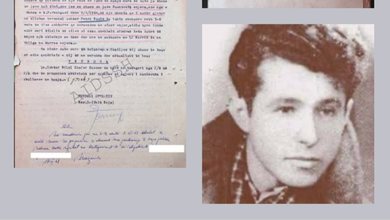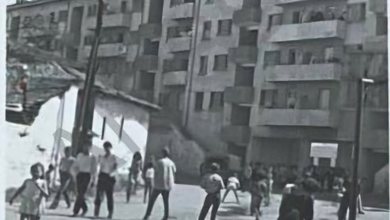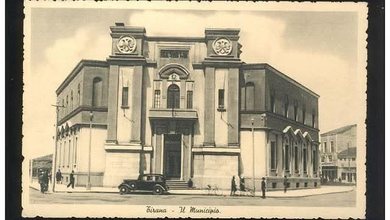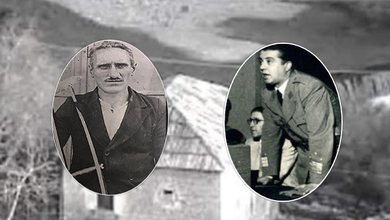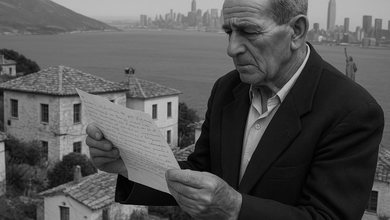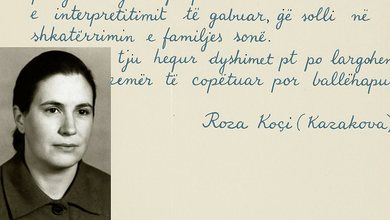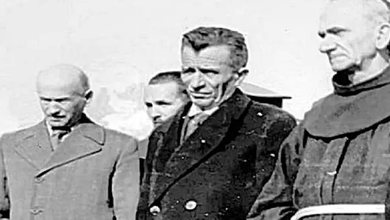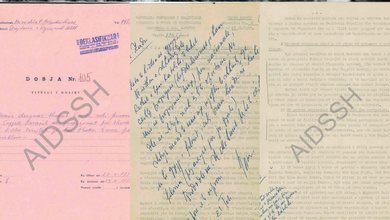After 1961, when official Tirana severed relations with Moscow, the political upheaval quickly turned into a silent human drama. Hundreds of Albanian-Soviet families, created during years of ideological friendship, became hostages to a state decision that brutally affected their lives.
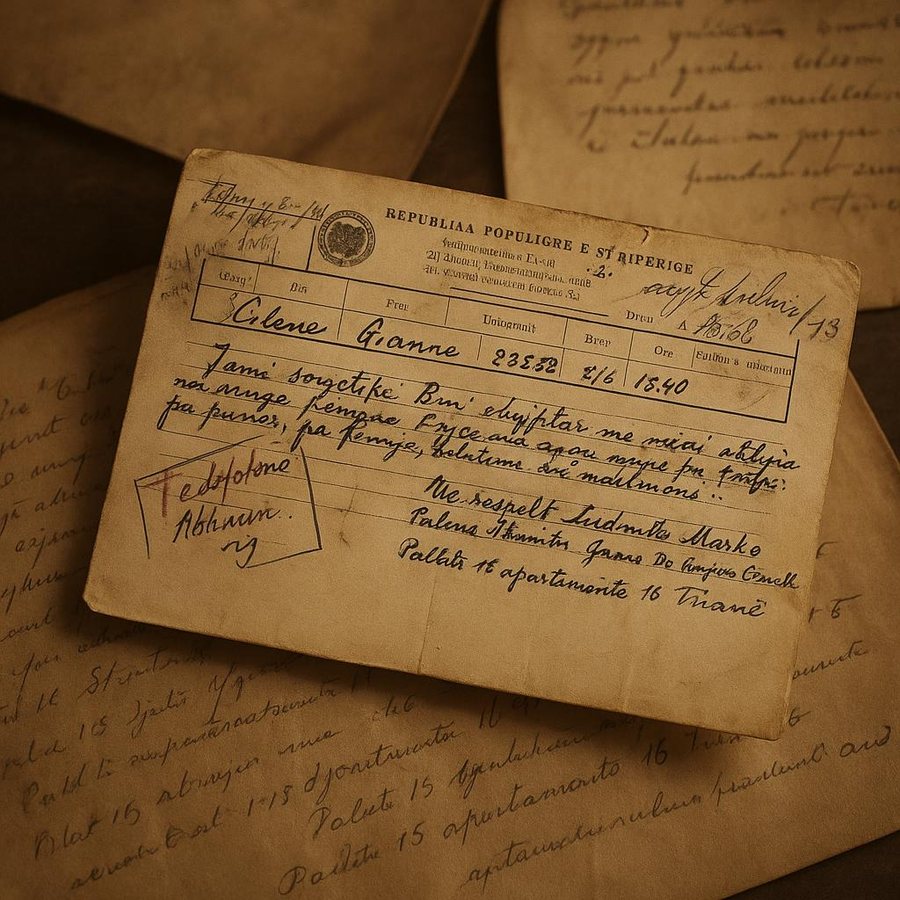
The telegram published above is a living testimony of that time. A Soviet woman, Ludmilla Marko, addresses the Albanian authorities with a desperate appeal: her husband has abandoned her, thrown her out of the house with her 5-year-old child, and she asks for help. Her words tremble with fear, panic and sadness of a person who, from “the wife of a Soviet friend”, had become an unwanted stranger in a closed and harsh country:
"I am Soviet. My Albanian husband threw me out of the house onto the street. He hid my 5-year-old child from me... I am homeless, jobless, childless. Please help me."
Once a symbol of the union of two “brotherly” peoples, they then became silent victims of a geopolitical dispute. Many sought repatriation to the Soviet Union, while others struggled to survive in Albanian isolation, without work, without support, and often separated from their children.
A regime that spoke of proletarian internationalism suddenly turned into an ironclad xenophobic system, leaving behind stories like Ludmilla's — forgotten stories of pain, marked by abandonment, fear, and the fate of mothers caught between two hostile worlds.
Her drama is not a stand-alone chapter, but a painful reminder of a time when politics destroyed families, and love had to submit to the Party line.


